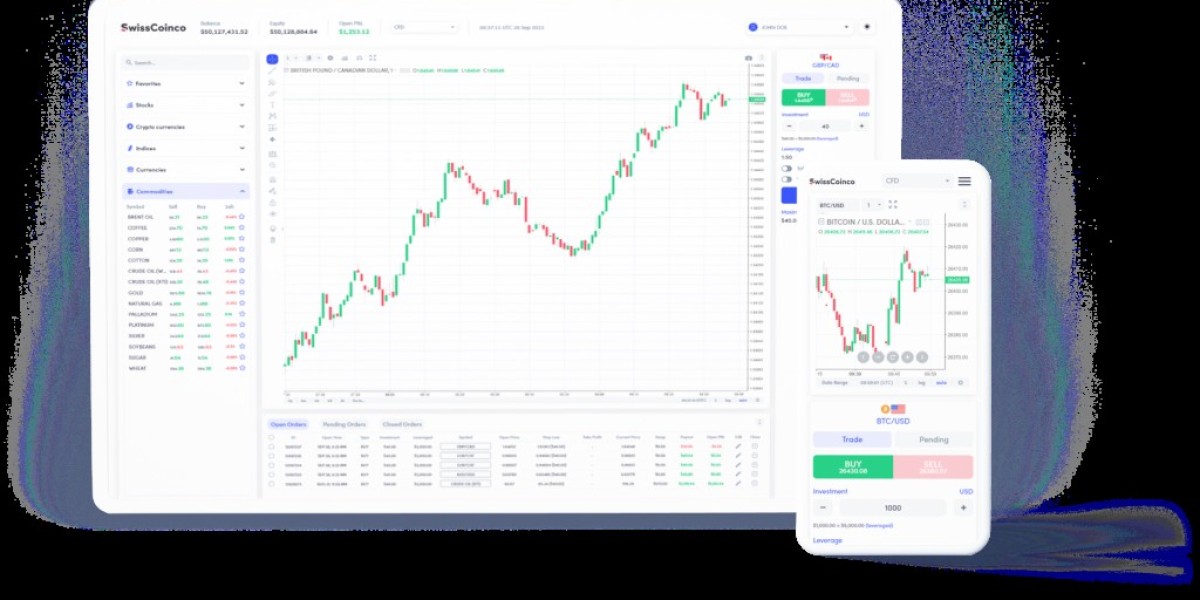The unfolding tension between Mantengu Mining vs JSE has become a defining moment for South Africa’s financial markets, exposing deep questions about transparency, regulation, and the treatment of small-cap companies on the Johannesburg Stock Exchange (JSE). At the heart of this clash lies Mantengu Mining’s growing frustration over what it views as unfair treatment, unexplained trading patterns, and potential manipulation of its stock — issues that have raised eyebrows across the investment community.
The Background: A Mining Firm Under Pressure
Mantengu Mining, a diversified mining investment group with operations in coal, iron, and other minerals, has faced numerous operational and financial hurdles in recent years. Yet, despite restructuring efforts and new projects designed to stabilize its outlook, its share price on the JSE has shown unusual volatility. This has prompted the company to question whether external factors — including alleged interference or systemic bias — are undermining its true market value.
The Mantengu Mining vs JSE confrontation escalated when Mantengu raised concerns about the lack of clarity in how its shares were being traded and valued. Company insiders suggested that certain trades and price drops did not align with its operational realities or financial disclosures. The firm began calling for greater oversight from regulators and transparency from the exchange itself.
Mantengu’s Concerns: Unexplained Market Movements
Mantengu Mining has consistently argued that the JSE’s regulatory framework favors established corporations while smaller or emerging companies face structural disadvantages. According to reports, the company believes its shares have been subject to patterns of sudden declines followed by equally abrupt recoveries — a possible sign, it claims, of market manipulation.
The issue is not just about stock performance but about the principles of market fairness and equal access. Mantengu has hinted that these irregularities could be symptomatic of a larger systemic issue within the JSE, where smaller entities struggle to secure investor confidence due to inadequate market protection mechanisms.
The JSE’s Response: Regulatory Neutrality
For its part, the JSE has maintained that it operates with full compliance to South African financial regulations and that all trading activity undergoes continuous monitoring. The exchange insists that its systems are designed to ensure a fair marketplace for all participants.
However, critics argue that this response has been largely procedural, offering little in the way of practical transparency. Investors and analysts note that the JSE has not publicly addressed specific allegations raised by Mantengu, particularly around share suspensions, delayed disclosures, and what the company describes as “unexplained technical discrepancies.”
Broader Implications for the South African Market
The Mantengu Mining vs JSE dispute reflects a broader challenge facing South Africa’s capital markets — the growing divide between established blue-chip companies and emerging players struggling for fair exposure and regulatory attention. Many industry observers view this as a test case for how the JSE handles smaller, transformation-driven firms in a market still dominated by legacy interests.
The controversy could have lasting consequences for investor confidence. If Mantengu’s claims are validated, it may expose weaknesses in the JSE’s surveillance systems and raise questions about the exchange’s accountability. On the other hand, if the JSE is cleared, Mantengu may face increased scrutiny over its governance and investor communication strategies.
A Question of Trust and Reform
What makes the Mantengu Mining vs JSE situation particularly sensitive is its timing. South Africa’s mining and investment sectors are under pressure to attract new capital, especially as global investors look toward emerging markets with strong governance standards. Allegations of market bias or uneven regulation could discourage investment at a critical time for the economy.
Analysts argue that both parties must seek constructive engagement rather than confrontation. For Mantengu, presenting verifiable evidence and maintaining transparent communication will be essential to building credibility. For the JSE, adopting a more proactive approach to small-cap oversight and enhancing disclosure mechanisms could restore trust in the market’s integrity.
Conclusion
The ongoing saga of Mantengu Mining vs JSE underscores more than just a corporate dispute — it symbolizes a deeper struggle over fairness, transparency, and reform in South Africa’s financial ecosystem. As both sides navigate this contentious standoff, the outcome will likely shape perceptions of the JSE’s regulatory strength and the investment climate for small to mid-tier firms across the region.
For now, investors and industry watchers await clarity, hoping that this confrontation leads not to further division but to much-needed transformation in how South Africa’s capital markets operate.








